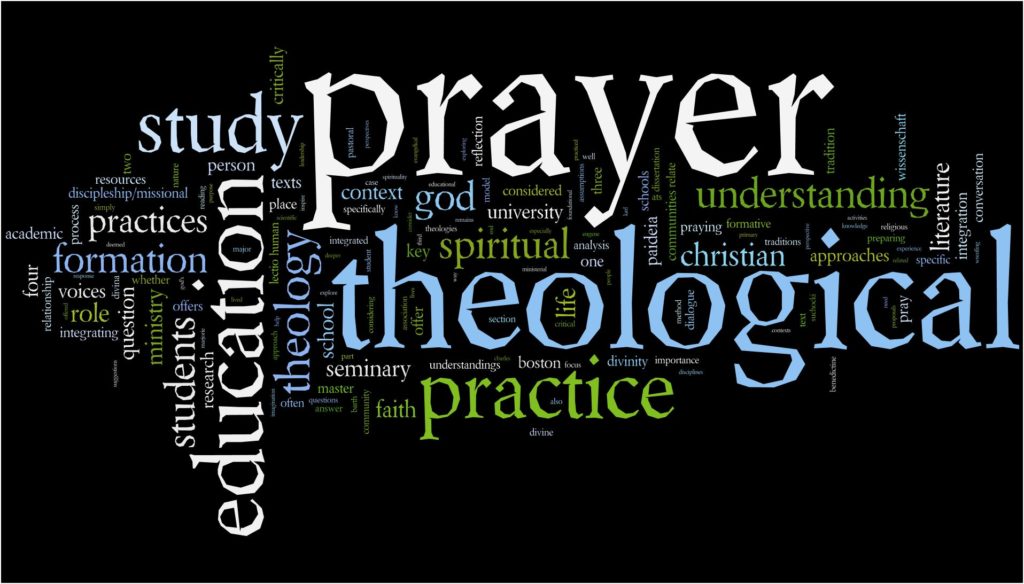In analyzing the letter to the Galatians, we note three existing set issues that should be settled. However, how can one accommodate these issues, which are entirely against each other; yet additionally, set by set. These issues are: beauty versus law, confidence versus works and disclosure versus custom. These issues make a somewhat thick and sensational contention about the book of Galatians that energizes as well as confounds us in its variety. The essential perspective on this letter is that it is more youthful kin of the more develop and conspicuous letter Paul shipped off the Romans. It has, on occasion incited proceeded with debate at numerous degrees of study; from subtleties of exposition to the raised courses of methodical theology. After perusing it nobody can have any uncertainty about the amount it made a difference to Paul.
However, what in the setting made a difference to him, what difference did it make, and why it should make a difference to us approximately 2,000 years after the fact are more enthusiastically inquiries to reply. This article can do close to rehash the inquiries and indicate a portion of the potential answers. My expectation here isn’t to take care of the issues being referred to however to talk about and show the undertaking. My point is examining principally and especially, what may happen when we permit inquiries of exposition and theology to frown at one another up close and personal. It is by and large perceived that anybody wrestling with the interpretation of Jonathan VanAntwerpen should likewise consider philosophical questions. In other words, we should know something of the punctuation of religious ideas, how God talked in the primary century, how defense identifies with law and confidence, etc. For this situation, it is for our potential benefit in the event that we know about how Paul utilizes comparative thoughts in his different letters, particularly Romans.
Paul’s significance in one spot can’t and does not decide early what he may have said somewhere else, yet regardless of whether advancement, or a difference as a main priority happened, we are as yet discussing a similar individual discussing something similar or comparative things. Consequently, no efficient or commonsense Christian theology can disregard the key content of the New Confirmation. Anybody offering a religious record of support would feel bound to in any event understand Galatians and fit it into the creating plan. Additionally, would anyone be able to offer a genuine Christian record of the focal subjects of contemporary applied theology, for example, freedom theology and postmodern idea on the off chance that it tends to be viewed as completely Christian and are their appearance established and grounded in the New Confirmation. A large part of the verifiable and analytical academic investigation of this letter has truth be told continued in ongoing a very long time with just negligible thoughtfulness regarding religious conversation. This exclusion is regularly defended on the grounds of keeping up the authentic nonpartisanship of the conversation. This happens now and again despite the fact that it veils the students of history ignorance of the more multifaceted issues included.